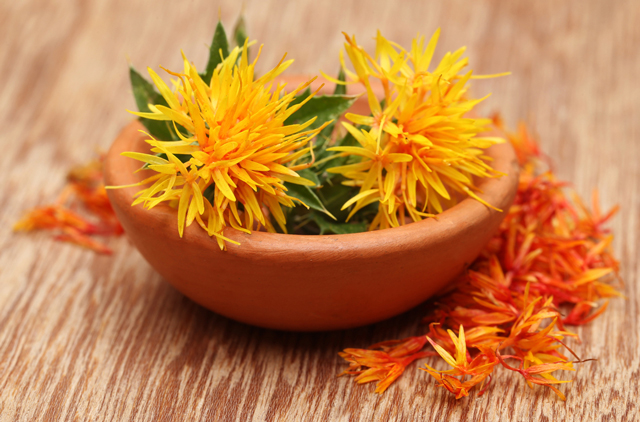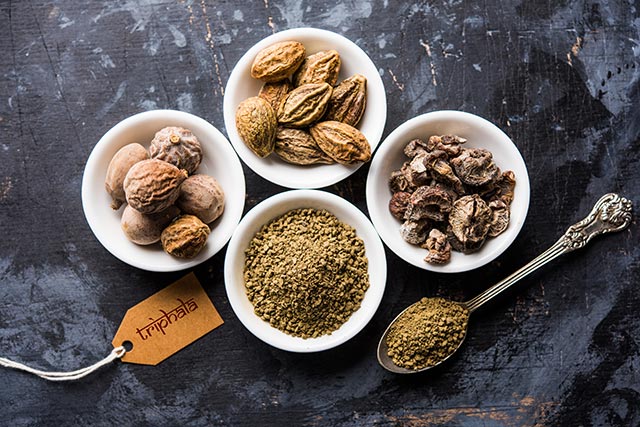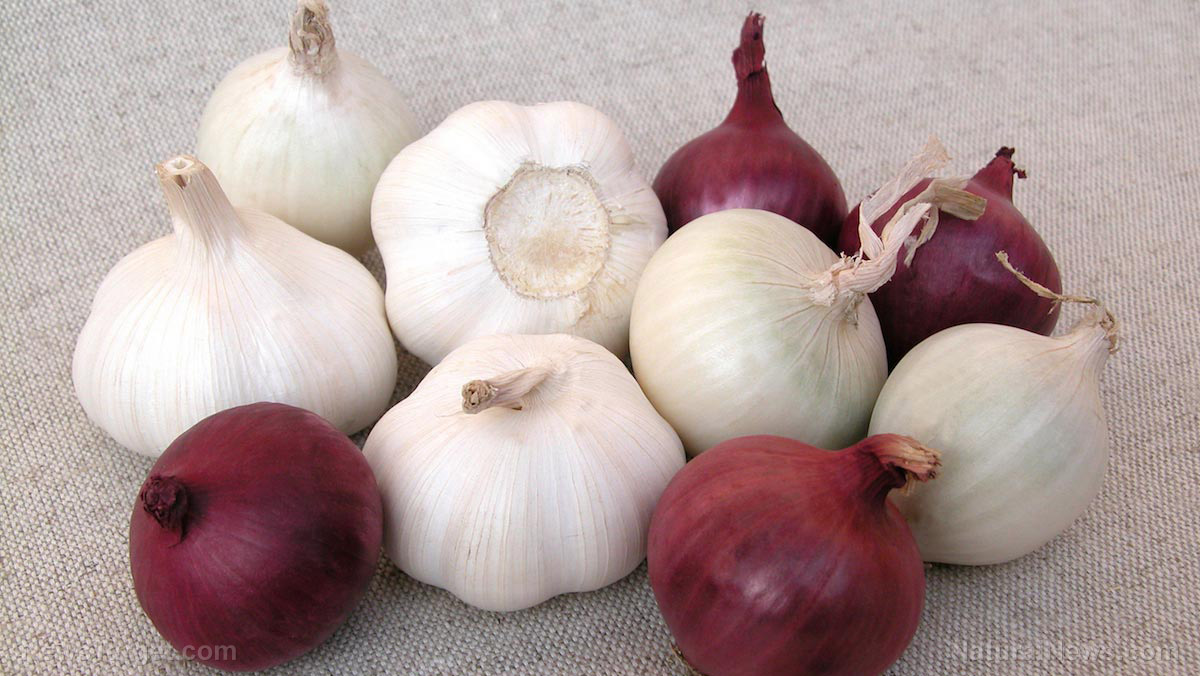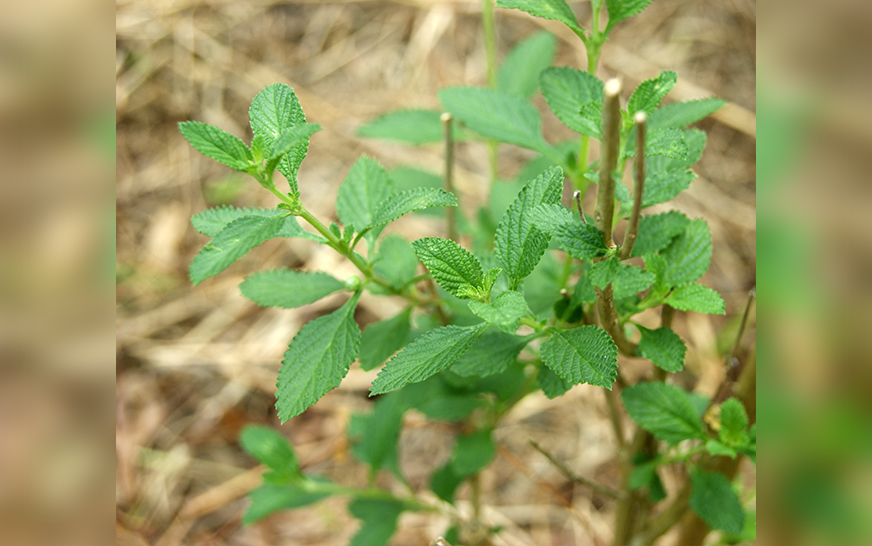The science behind herbal remedies: Study identifies the genes responsible for Chinese skullcap’s health benefits
10/03/2019 / By Isabelle Z.

Chinese skullcap is one of the most popular herbal remedies thanks to its array of benefits and wide availability. Although people have been familiar with its healing power since ancient times, scientists have only recently uncovered the mechanism behind its effects – and it could have some exciting ramifications when it comes to future health treatments.
This herb has been used around the world for more than 2,000 years thanks to its therapeutic value. Found everywhere from Asia and Europe to North America, it is known for its ability to alleviate nervous system issues and other complaints.
Skullcap extract is often used in the form of infused teas and essential oils to address anxiety, tension, hormonal imbalances, seizures, insomnia and inflammation. It is also known to reduce cholesterol levels and prevent plaque from building up in the arteries, thereby reducing people’s risk of heart disease, stroke, heart attack, and high blood pressure.
Despite commercial interest in the plant, a lack of genome information has prevented real progress in basing new treatments on it until now. A team of researchers from the John Innes Centre and the Chinese Academy of Sciences used sequencing strategies on the DNA of a single skullcap plant to gain new insight into how it works, and their findings mean that scientists can now identify the genes responsible for producing a host of valuable compounds and use them to create new treatments for diseases.
One of the researchers involved, Dr. Cathie Martin, stated: “When I started getting the analysis back on the genome sequence, it was like a revelation: It showed at a fundamental level how the pathway to valuable compounds evolved.”
She added that their knowledge of this sequence can help enhance their understanding of other genome sequences seen in the mint family, so the possibilities are huge.
For example, the bioactive compounds in this plant are made in the root, which means that not only do you have to wait a few years for the plant to grow but also that you have to destroy it when you do take the root. Now, the researchers have found that some members of the same plant family make similar valuable compounds in their leaves, potentially serving as a far more sustainable source of healing compounds.
Their findings were published in the journal Molecular Plant.
What is Chinese skullcap good for?
The finding could lead to improved treatments for a range of health problems. Here is a look at a few of the issues this herb can help.
Memory impairment
One of the antioxidants in Chinese skullcap, oroxylin A, was shown in studies to protect mice from the memory impairment caused by amyloid beta, a brain plaque substance that has been implicated in Alzheimer’ disease.
Parkinson’s disease
Studies have shown that the skullcap-derived antioxidant baicalein can help to protect nerve cells against the damage caused by the disease.
Prostate cancer
One study illustrated how the compounds in skullcap can slow prostate cancer tumor growth. It can also stop the development of benign prostatic hyperplasia through its ability to relieve inflammation and suppress abnormal androgen.
Traditional Chinese Medicine has been gaining new respect after Professor You-you Tu was awarded the Nobel prize for Physiology and Medicine in 2015 on account of her discovery that the artemisinin in wormwood serves as a broad-spectrum anti-malarial.
This interest has also been bolstered by the fact that some preparations of plants seen in texts written in 200 AD have proven effective against various health problems and even as complementary treatments for cancer.
The power of skullcap that researchers have unlocked is just the latest evidence that Traditional Chinese Medicine holds tremendous value in treating even the most modern of illnesses.
Sources for this article include:
Tagged Under: brain function, brain health, chinese skullcap, genome, herbal medicine, herbal remedies, Herbs, men's health, natural cures, natural medicine, nervous system disorders, Parkinson's Disease, plant cures, plant medicine, prevention, Prostate cancer, research, skullcap, traditional Chinese medicine
RECENT NEWS & ARTICLES
COPYRIGHT © 2017 PREVENT CANCER NEWS


















